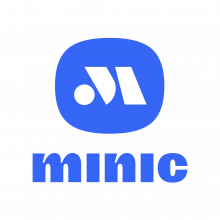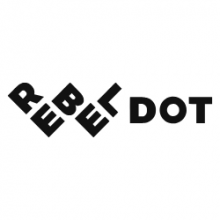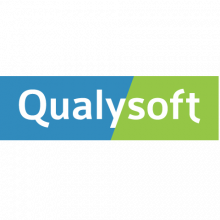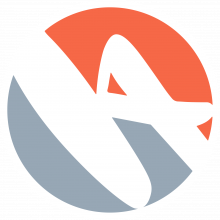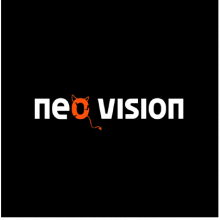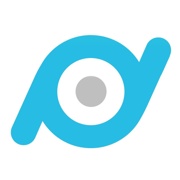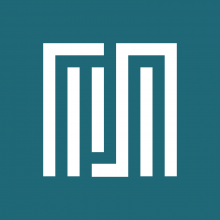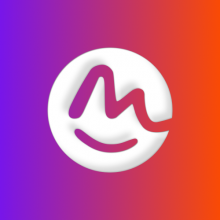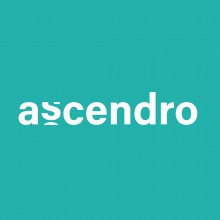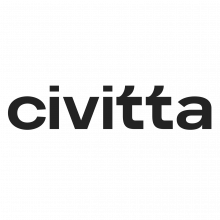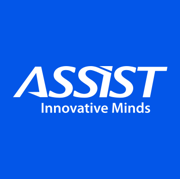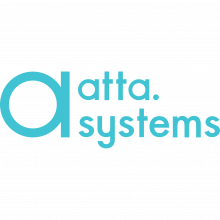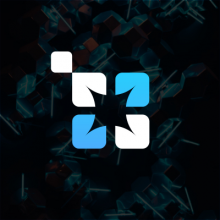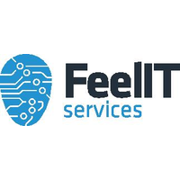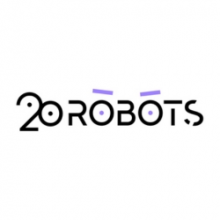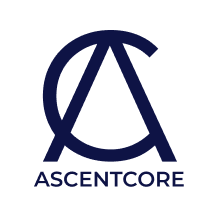
There are 74 Companies in Romania
that provide Angular Development Services!
Romania’s IT sector has seen continuous growth over the past decade, despite political turbulence and the economic crisis, which is a good indicator of its driving force. Known for their broad technical expertise, their flexibility, enthusiasm, and excellent language skills, Romania’s software service providers are a great choice for long-term collaborations in both nearshoring and offshoring businesses.
Discover Top IT Companies in Romania specialized in Angular and other related services. Find the best IT service providers for your projects.
Angular (formerly AngularJS) is a popular open-source web application framework maintained by Google and a community of developers. It's used for building dynamic, single-page web applications (SPAs) and web-based applications in general. Angular provides a structured and organized way to create complex web applications by extending HTML with additional features and enabling the development of interactive, responsive, and maintainable front-end web interfaces.
Handpicked companies • No obligation to hire • 100% risk-free
Featured Companies in Romania
This month, the following Angular Development companies managed to provide an outstanding service and support. It's worth taking a look.
Offering Outsourcing Services alongside Crafting Engaging Web Apps, E-Commerce, and Websites with Amazing UX&UI.
Explore Top Angular Development Companies in Romania
Simplifying life through innovation.

Fire Bee Techno Services Verified Company
Cluj-Napoca, Romania Head office in: India
Fire Bee Techno Services is an ISO-Certified Blockchain and AI Development Company In india and across the world with 13+ years of experience.
Production AI That Users Actually Feel
The No BS Digital Product Studio - The Web is our playground, and we don’t play nice.
End-to-end software development partner delivering scalable, secure, and innovative solutions.
Experts in UX, CRM & Custom Software Products
Mobirevo is a Leading custom software development agency focused on web, mobile app development & saas application development.
We help our clients unlock effective wearable and smart devices software development to keep their projects on track.
We build powerful applications for web
AI & Software Development Company
We develop innovative software products for VC-backed startups and established companies in Medtech, Edtech, and Fintech! Fast, secure, high-quality.
Creating Reliable, Future-Ready Solutions

Târgu Mureș, Romania Head office in: Romania
Moonlysoft is a technology partner company specializing in startups and mature businesses requiring software partners.
WE ARE FEEL IT SERVICES - an IT outsourcing company from France with Headquarters in Romania, Moldova and Israel
Your Vision, Our Expertise: Beyond AI, Beyond Development.
We develop outstanding software and partnerships. We focus on quality, customer satisfaction, and constant improvement.
Filter Angular Development Companies in Romania by Cities
Find the right tech company near you or from a specific city. Some of the best companies might be located in smaller cities.
Find more Angular Development companies around the world
TechBehemoths is the world's most advanced and user-friendly platform to match IT Companies with real clients without hustle.
What is Angular and what are its benefits for your projects?
Angular (formerly AngularJS) is a popular open-source web application framework maintained by Google and a community of developers. It's used for building dynamic, single-page web applications (SPAs) and web-based applications in general. Angular provides a structured and organized way to create complex web applications by extending HTML with additional features and enabling the development of interactive, responsive, and maintainable front-end web interfaces. Here are some key aspects and concepts of Angular:
-
Component-Based Architecture
-
Templates
-
Directives
-
Dependency Injection
-
Services
-
Routing
-
Observable and RxJS
-
Modules
-
Testing
-
Cross-Platform
Angular's structured approach, strong tooling, and vibrant ecosystem of libraries and extensions make it a powerful framework for building modern web applications. It is particularly well-suited for large and complex projects where maintainability and scalability are crucial.
Companies may choose Angular over other front-end frameworks for their projects for a variety of reasons, depending on their specific needs and priorities.
-
Google Backing: Angular is developed and maintained by Google. This association often gives companies confidence in its long-term support, stability, and continuous improvement. Google's involvement is seen as a sign of reliability and commitment to the framework.
-
Mature and Established: Angular has been around for a while and has a strong track record of being used successfully in large-scale enterprise projects. It has a well-defined architecture and best practices, which can be beneficial for maintaining and scaling applications over time.
-
TypeScript Support: Angular is built with TypeScript, a statically-typed superset of JavaScript. TypeScript provides better tooling, code maintainability, and catches errors at compile time, which can reduce bugs and enhance code quality, making it attractive to companies that prioritize robust code.
-
Full-Featured Framework: Angular provides a comprehensive set of tools, libraries, and features out of the box, including routing, form handling, HTTP client, and more. This can save development time and effort compared to integrating multiple third-party libraries in other frameworks.
-
Two-Way Data Binding: Angular offers powerful two-way data binding, which allows for automatic synchronization between the data model and the view. This feature can make it easier to develop interactive and responsive user interfaces.
-
Large and Active Community: Angular has a large and active community of developers and a wealth of resources, including documentation, tutorials, and third-party libraries. This can be beneficial for finding solutions to common problems and getting support when needed.
-
Enterprise-Ready: Angular provides features like dependency injection, modularity through modules, and a strong emphasis on testability. These characteristics are well-suited for building robust and maintainable enterprise-level applications.
-
Strict Coding Standards: Angular enforces a set of coding standards and best practices, which can lead to more consistent and readable code. This can be important for companies with multiple developers working on the same codebase.
-
Cross-Platform Development: Angular can be used for building both web and mobile applications. Companies looking to develop applications for multiple platforms may choose Angular for its ability to share code between web and mobile apps using technologies like NativeScript or Ionic.
-
Integration with Backend Technologies: Angular can easily integrate with various backend technologies and APIs. This makes it suitable for projects where the front end needs to communicate with different types of server-side applications.
-
Security Features: Angular provides built-in security mechanisms to help prevent common web vulnerabilities like Cross-Site Scripting (XSS) and Cross-Site Request Forgery (CSRF). This can be crucial for projects with high security requirements.
-
Ecosystem and Tooling: Angular has a rich ecosystem of tools, extensions, and IDE support, including Angular CLI for project setup and management. This can streamline development workflows and improve productivity.
Ultimately, the choice of Angular or any other framework depends on the specific project requirements, the development team's expertise, and the company's long-term goals. Companies evaluate various factors to determine which framework aligns best with their needs, resources, and priorities.
